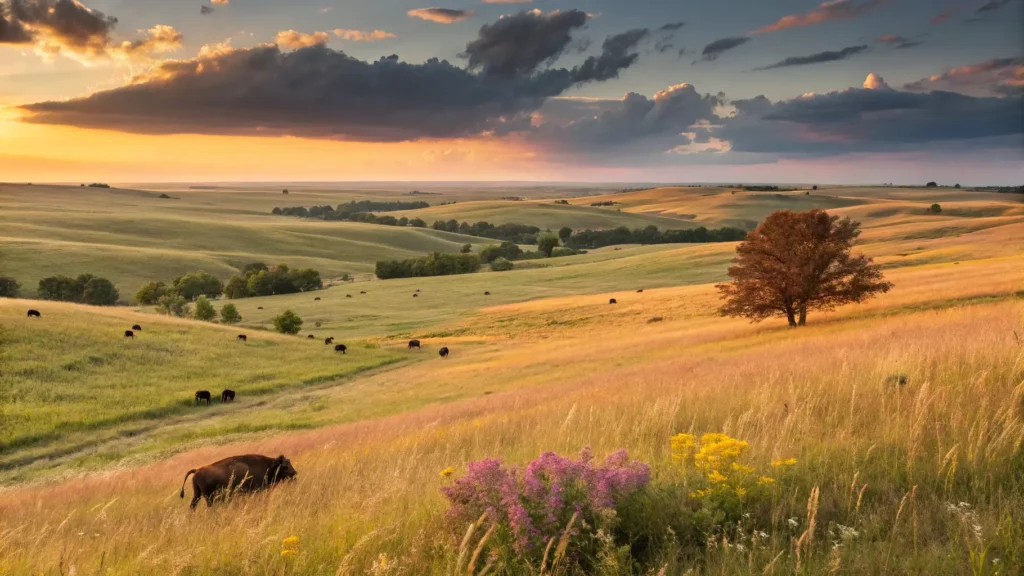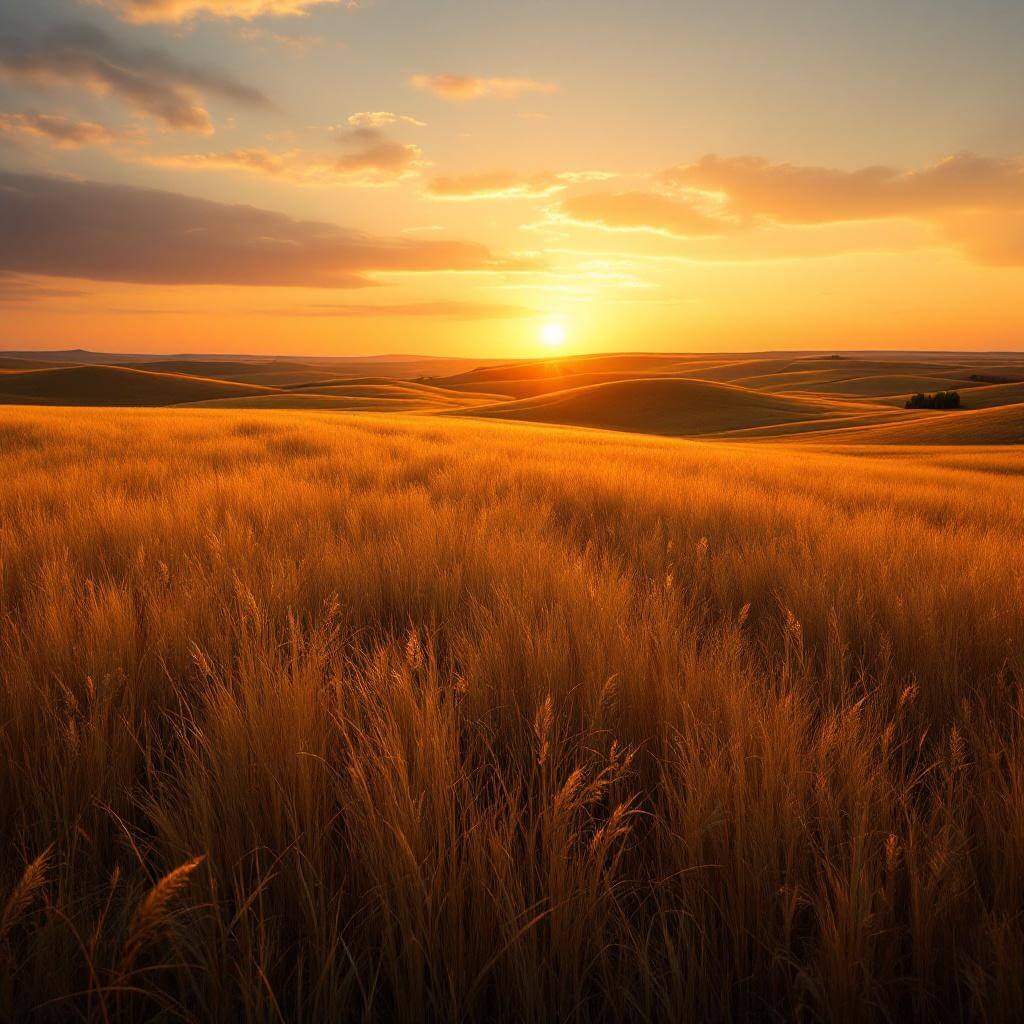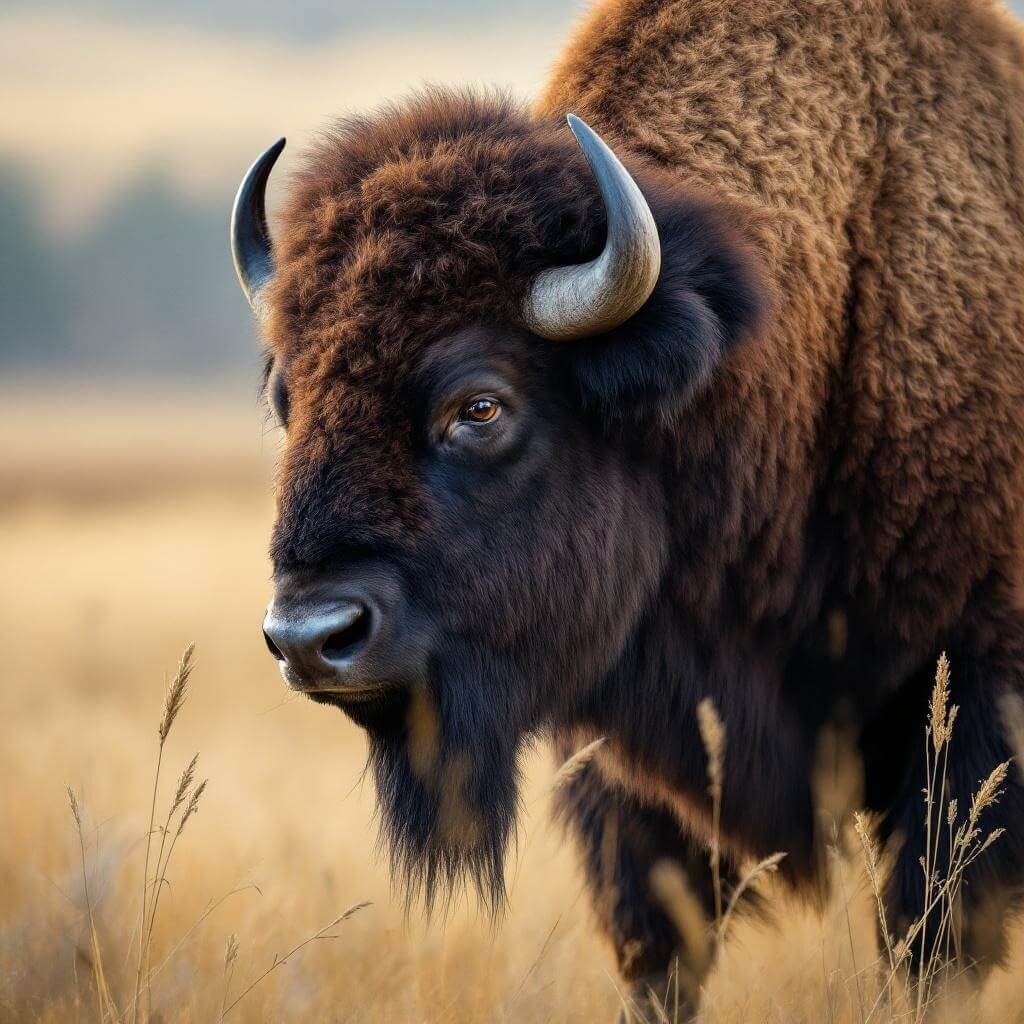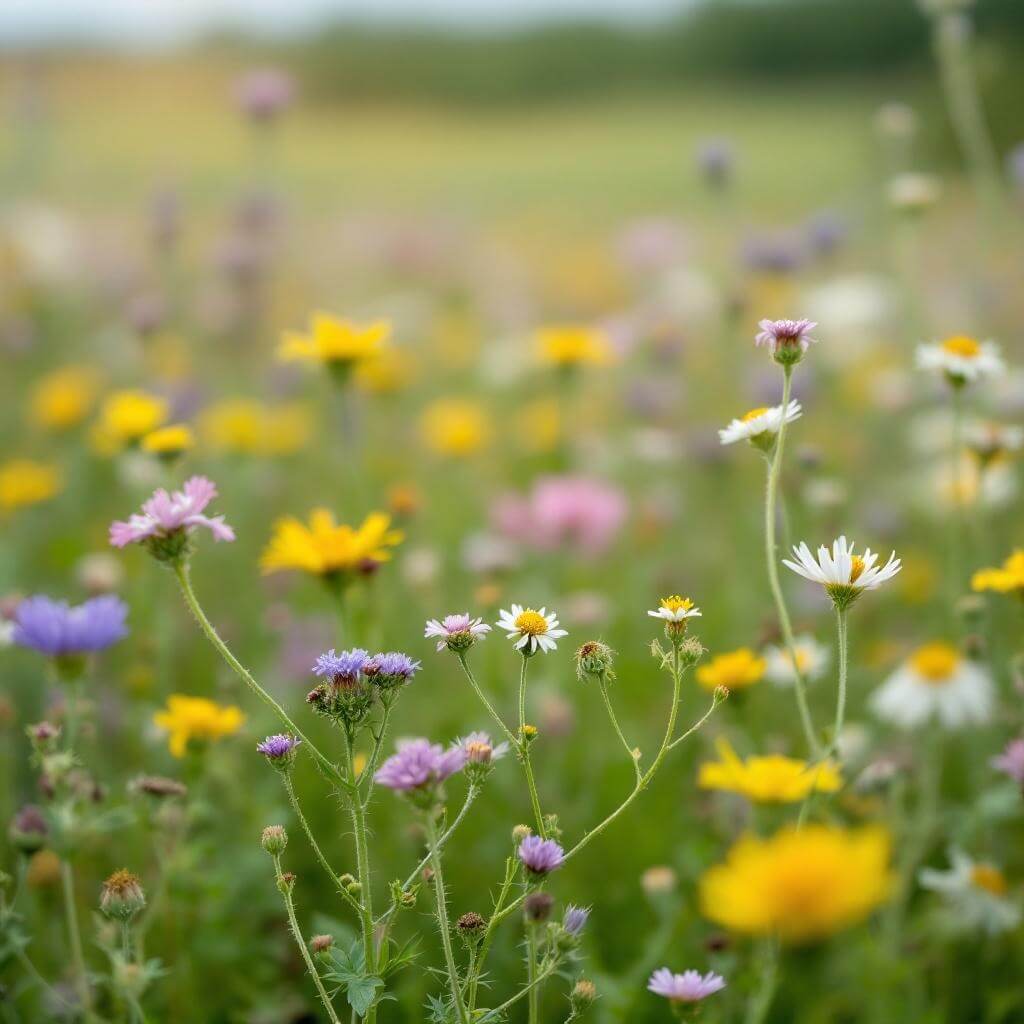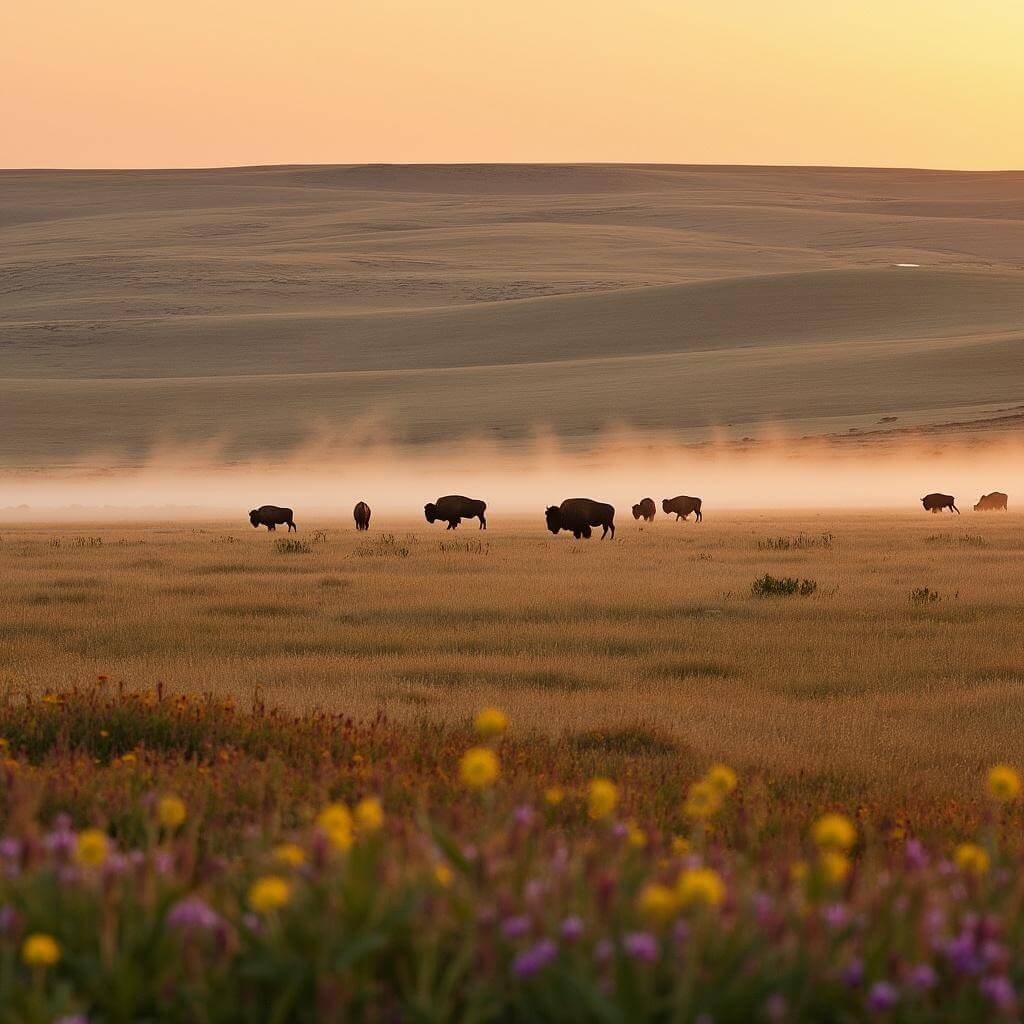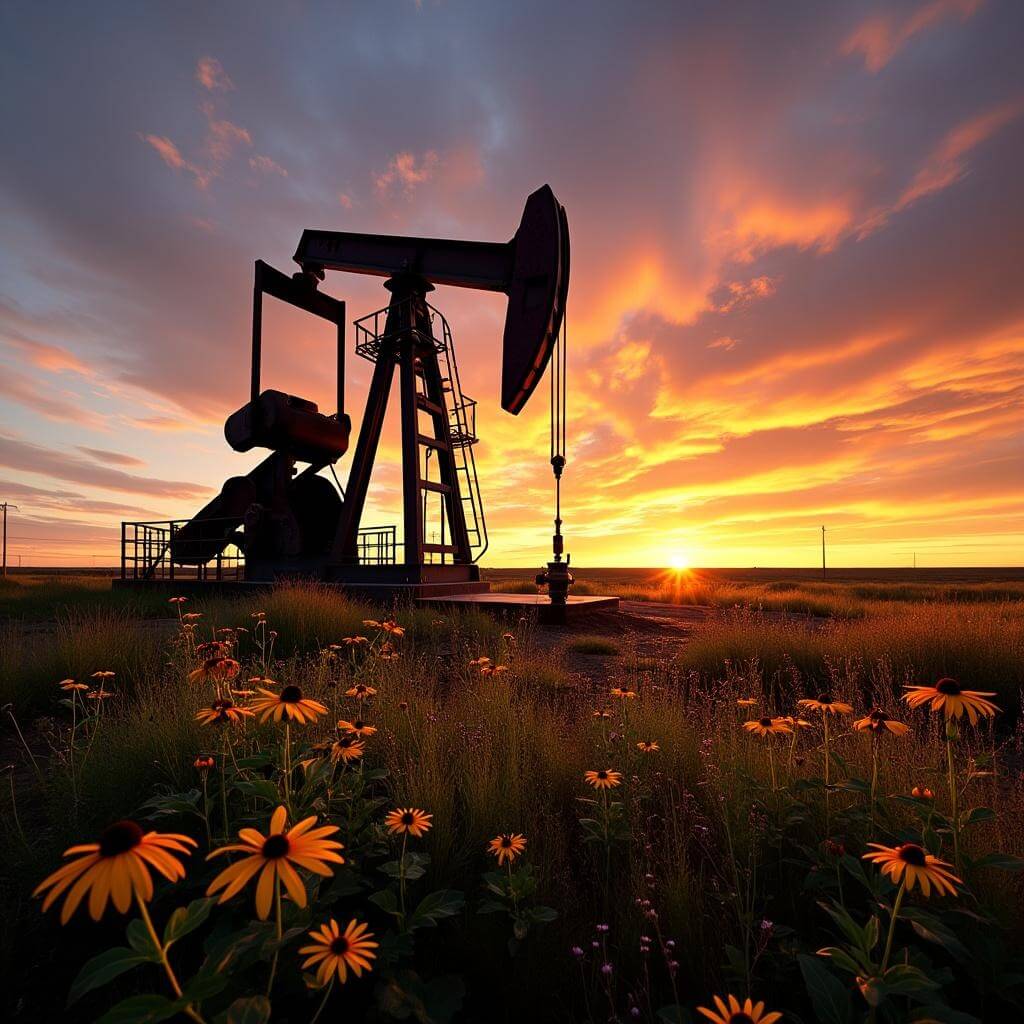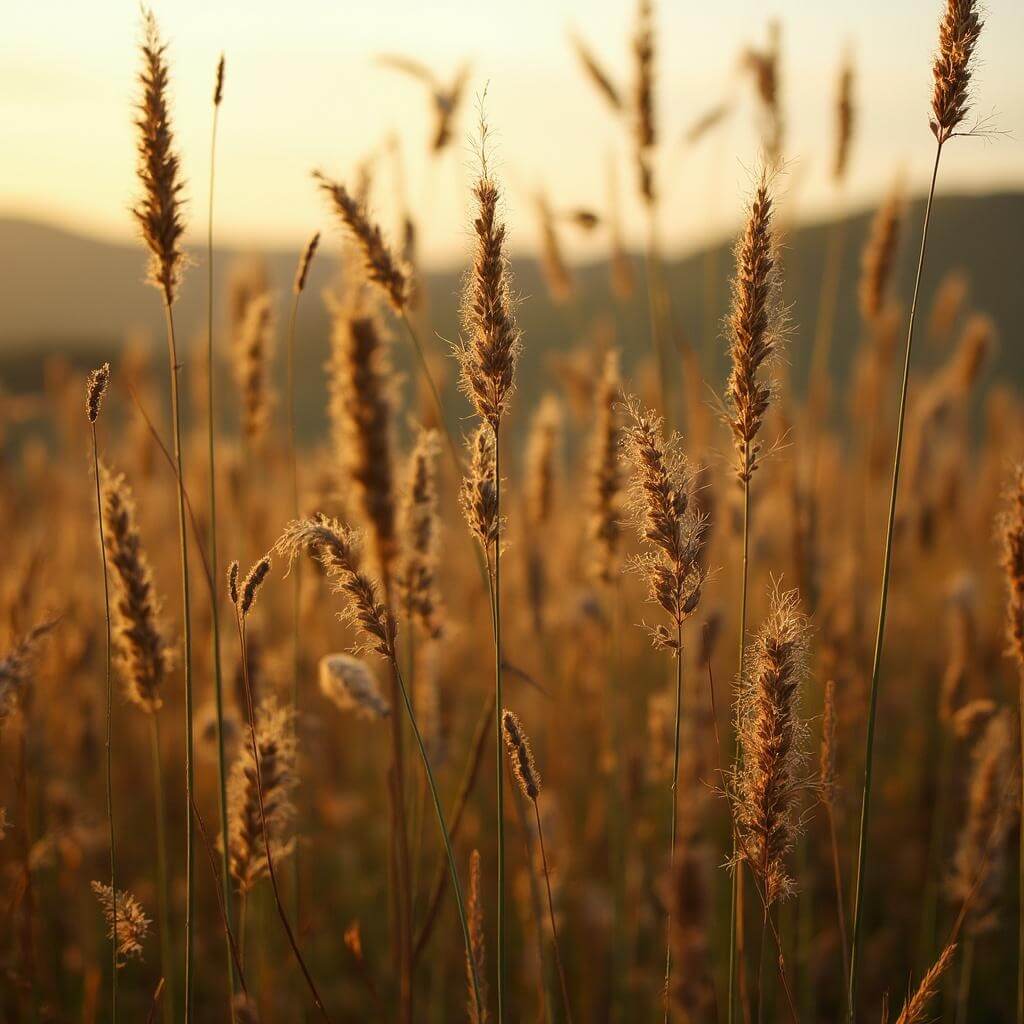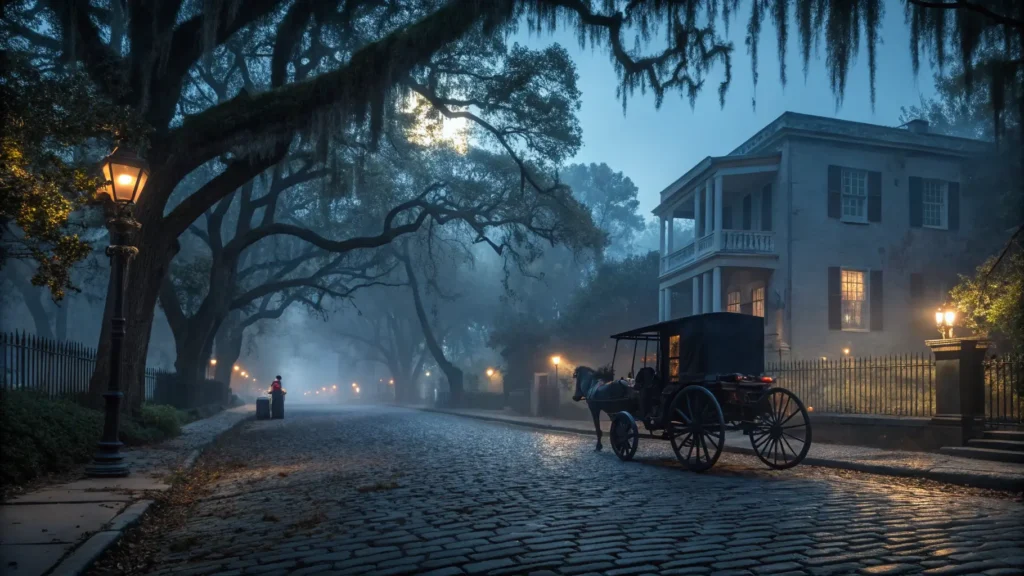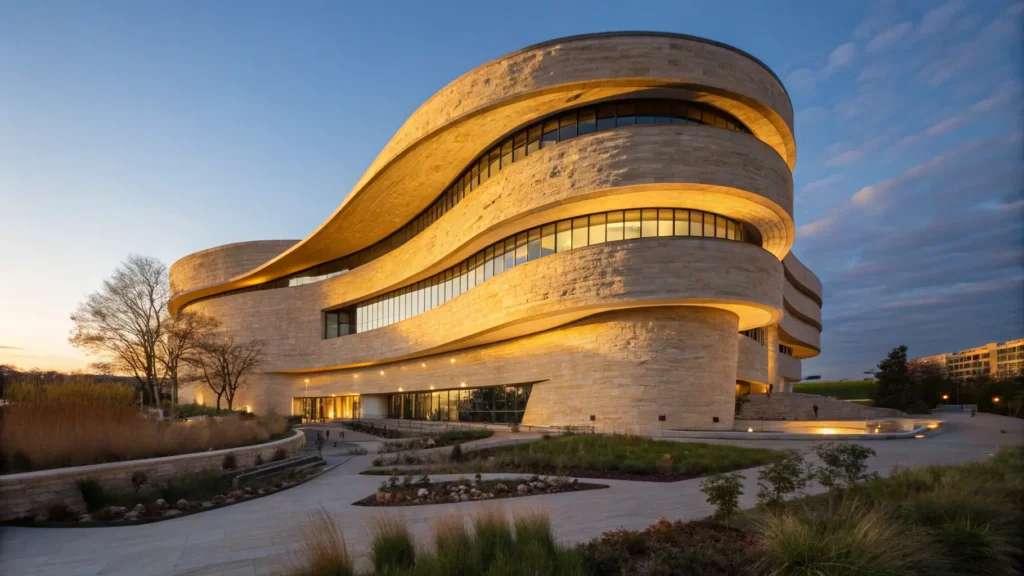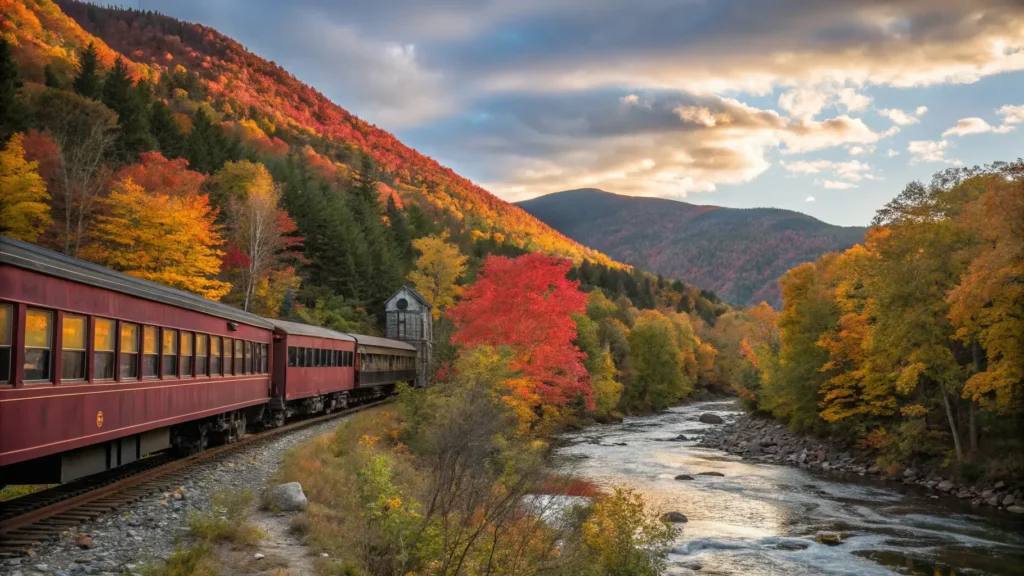Ever wondered what North America looked like before highways, cities, and sprawling farmlands? The Tallgrass Prairie Preserve in Oklahoma is your living time machine.
I first stumbled upon this extraordinary landscape during a cross-country road trip, and nothing prepared me for the breathtaking vastness that unfolded before my eyes. Imagine 40,000 acres of undulating grasslands stretching to the horizon, where massive bison herds roam freely and native wildflowers dance in the wind.
What Makes This Place So Incredibly Unique?
The Tallgrass Prairie Preserve isn’t just another nature reserve – it’s the last substantial remnant of an ecosystem that once covered 14 states. Today, less than 4% of the original tallgrass prairie remains, making this preserve a critical sanctuary for biodiversity.
A Living, Breathing Ecosystem
Walking through this preserve feels like stepping into a prehistoric landscape. Here’s what makes it so remarkable:
- Over 700 plant species call this prairie home
- More than 300 bird species soar above the grasslands
- 80 different mammal species inhabit these lands
- A staggering 2,500 free-ranging American bison roam freely
The Bison: True Kings of the Prairie
Those bison aren’t just animals – they’re ecological engineers. Their grazing patterns and movement help maintain the prairie’s delicate balance. When I watched a massive bull casually stroll past my car during the 15-mile driving loop, I felt both humbled and exhilarated.
Conservation: More Than Just Preservation
The Nature Conservancy has been managing this land since 1989, using innovative techniques like the “patch-burn” model. By burning one-third of the rangeland yearly, they mimic natural fire cycles that keep the ecosystem healthy and diverse.
A Landscape Rich in History
This isn’t just an ecological wonder – it’s a cultural treasure. Originally part of the Chapman-Barnard Ranch, the preserve sits on land with deep roots in Osage Nation history. The headquarters is even listed on the National Register of Historic Places.
What Can You Experience Here?
Visitors aren’t just observers – they’re participants in a living, breathing ecosystem:
- 15-mile scenic bison driving loop
- Two-mile Prairie Earth Trail
- World-class birdwatching opportunities
- Seasonal wildflower displays that will take your breath away
Pro Tip: Spring brings baby bison calves and blooming redbuds, while summer and fall offer incredible wildlife viewing.
Safety First: Respect the Wild
Remember, these are wild animals. Stay in your vehicle near bison – they might look peaceful, but they can weigh up to 1,450 kg and move incredibly fast.
The preserve collaborates uniquely with the oil industry, maintaining 107 working oil wells. This partnership allows researchers to study ecosystem interactions in ways no other site can.
From the moment you enter this grassland sanctuary, you’ll understand why conservationists call it a living laboratory of biodiversity. The Tallgrass Prairie Preserve isn’t just protecting land – it’s preserving a piece of America’s natural heritage.
As the golden prairie grasses swayed around me, rustling with centuries of untold stories, I realized this place is more than a destination. It’s a testament to the resilience of nature and our responsibility to protect it.
The bison continued grazing, seemingly unaware of the ecological marvel they represented – a reminder that some of the most profound experiences happen when we simply observe and respect the natural world.
Related Reads You Might Enjoy:
The Science Behind the Prairie: More Than Meets the Eye
Research at the Tallgrass Prairie Preserve isn’t just academic – it’s a deep dive into ecological mysteries that most people never consider.
Imagine scientists carefully tracking how a single prescribed burn transforms thousands of acres. These aren’t random fires – they’re precision ecological interventions.
Oklahoma State University researchers have turned this preserve into a living laboratory. Their studies reveal how native grasses communicate, how bison grazing patterns influence soil microbiomes, and how complex ecosystems regenerate.
Unexpected Partnerships: Oil and Conservation
Most people see oil wells as environmental threats. Here, they’re research opportunities.
The preserve maintains 107 active oil wells, creating a unique landscape where conservation and industrial activity coexist. Researchers monitor how these wells impact soil composition, wildlife migration, and plant diversity.
It’s a delicate dance of compromise and scientific curiosity.
Cultural Significance: Beyond Ecological Research
The Osage Nation’s connection to this land runs deeper than most visitors realize.
Local tribal historians have documented generations of cultural practices tied directly to these grasslands. Each blade of grass, each wandering bison carries stories of Indigenous survival, resilience, and profound ecological knowledge.
Practical Visitor Tips: Maximizing Your Experience
Want to make the most of your visit? Here are insider recommendations:
- Arrive early morning or late afternoon for peak wildlife activity
- Bring high-quality binoculars
- Pack layers – prairie temperatures fluctuate dramatically
- Download offline maps (cell service is limited)
- Bring plenty of water and sun protection
Photography and Preservation: Capturing the Moment
Professional and amateur photographers find endless inspiration here.
The golden hour transforms prairie grasses into living canvases. Wildflowers burst with colors that professional cameras struggle to capture accurately. Each season offers unique visual narratives – spring’s tender greens, summer’s robust bloom, autumn’s rich amber tones.
Climate Change and Prairie Resilience
These grasslands aren’t just beautiful – they’re critical climate change indicators.
Long-term research shows how native prairie ecosystems adapt to temperature shifts, precipitation changes, and extreme weather events. The Tallgrass Prairie Preserve serves as a real-time climate adaptation laboratory.
Conservation Challenges: Looking Forward
The preserve faces ongoing challenges:
- Maintaining genetic diversity in the bison herd
- Managing invasive plant species
- Balancing human interaction with ecological preservation
- Securing long-term funding for research and maintenance
Your Role in Preservation
Every visitor becomes part of the conservation story.
Your entrance fees, your curiosity, your respect for the ecosystem directly contribute to ongoing preservation efforts. By understanding this landscape, you’re helping protect one of North America’s most significant ecological treasures.
Final Thoughts: A Living Landscape
The Tallgrass Prairie Preserve isn’t just a destination – it’s a testament to nature’s resilience, human curiosity, and the delicate balance of ecological systems.
As the sun sets over endless prairie grasses, casting long shadows across bison trails, you’ll understand why this place is more than a preserve. It’s a living, breathing reminder of what North America once was – and what it can still become.
Explore America’s Largest Protected Remnant of Tallgrass Prairie
Experience the Last Remaining Tallgrass Prairie in North America
Explore More Heartland Experiences:
- Hearty Beef Stew with Vegetables Recipe
- Classic Paula Deen Chicken and Dumplings
- Savory Mississippi Pot Roast
- Classic Alton Brown Meatloaf Recipe
- Homestyle Amish Chicken & Noodles

